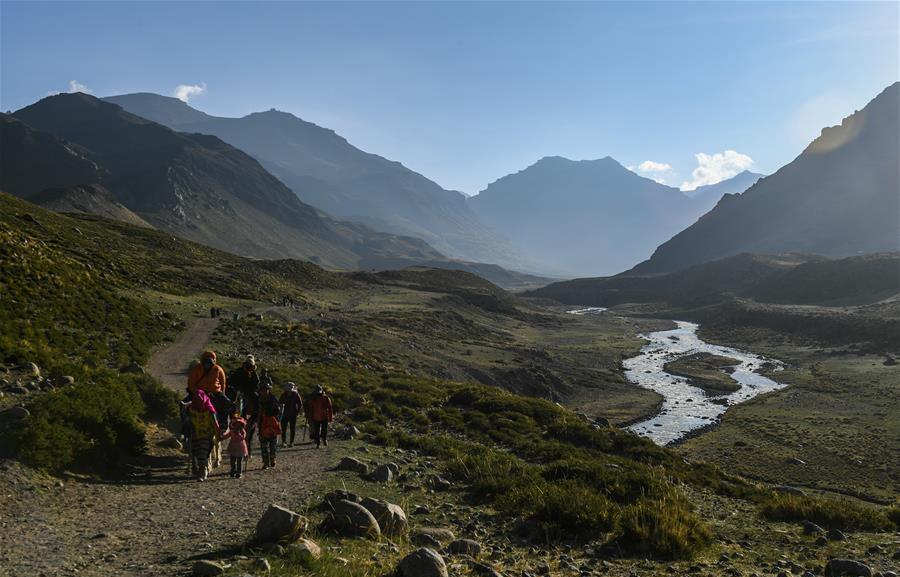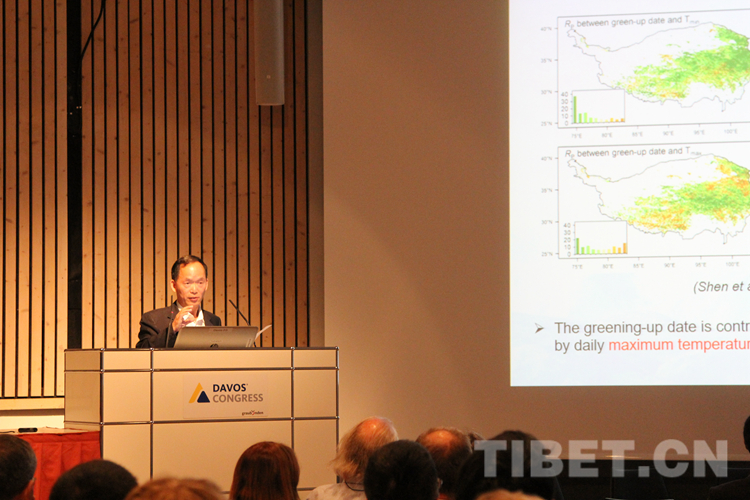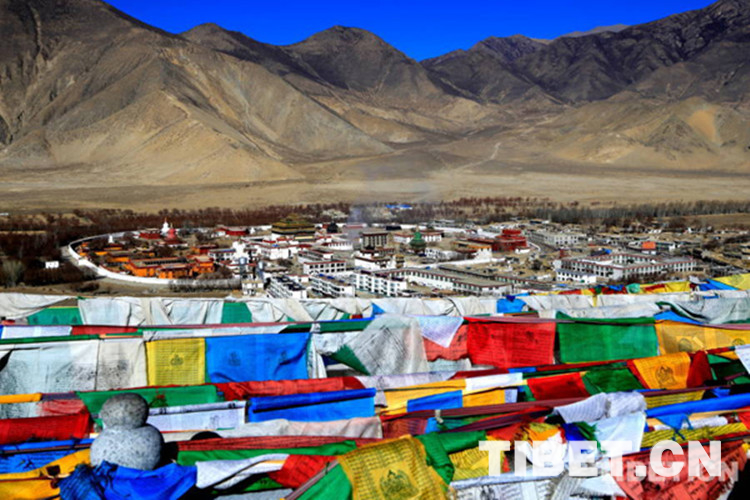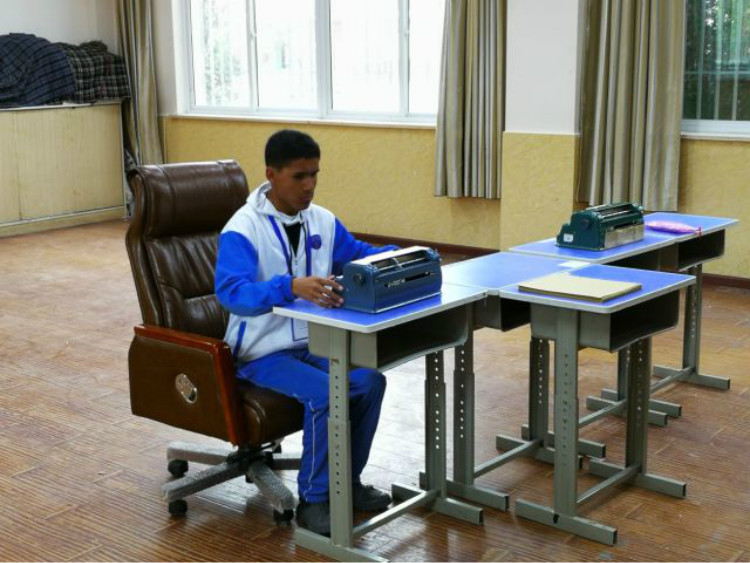Developing relations with China is not to balance India: Nepal's foreign minister
Nepal is located in the southern foothills of the Himalayas and shares a 1,236 kilometer-long border with China. Historically, as neighbors on two sides of the mountain range, the Chinese and Nepalese have established a large number of economic, trade, and cultural exchanges. The two countries established diplomatic relations in 1955. After years of civil war, Nepal completed its political transformation with elections at the end of last year. Now Nepal, which has resumed stability, is looking internationally as it struggles for development opportunities.
China is currently Nepal's largest source of foreign direct investment and second largest trading partner. China mainly invests in energy and infrastructure in Nepal, actively driving employment and fueling social development of the neighbour.
"Chinese investment plays a key role in connecting Nepal with the outside world," Pradeep Kumar Gyawali, Nepal's Foreign Minister, explained. From a geographical standpoint, Nepal is bordered on three sides by India, and internal and foreign affairs have long been dependent on India. The Nepalese government hopes to break this situation through self-sufficiency in infrastructure and energy.
"As a sovereign and independent country, Nepal's reliance on some neighbor is not healthy," Gyawali said.
The Sino-Nepali Railway is Nepal's first attempt to break dependence on Indian overland transportation. With Nepal's current transportation capacity, it takes at least 50 days for imported goods to reach the Nepalese border. However, after China and Nepal strengthen their overland transportation construction, it will take at most 15 days to transport goods from the nearest port to Nepal.
According to a 2017 Asia Development Bank report, due to its unique terrain of being high in the north and low in the south, Nepal has the potential to produce 42,000 megawatts of electric power each year through hydroelectric power stations. However, as of 2016, water conservancy facilities in Nepal were only capable of producing 802 megawatts of electricity. Because it has not yet fully developed or utilized a large amount of its water, wind, and solar energy resources, Nepal is highly dependent on energy from India. In 2015, India's sanctions against Nepal made Nepal determine to gain China's help in becoming completely self-sufficient for energy.
However, though the previous government attempted to cooperate with China on energy, and a Chinese investment group, the Gezhouba Group Co., Ltd., invested $2.5 billion USD (17 billion RMB) in the Budhi Gandaki Hydropower Project, it was abruptly cancelled by the Nepalese part before the 2017 election, causing Chinese investors to doubt the then-Nepalese government. At the end of 2017, the then-government was defeated by the opposition in the election. Discussing the current government's attitude towards Chinese investment, the Nepalese ambassador to China, Leela Mani Paudyal, said, "The 2017 election win shows that the people have given us a strong mandate and authorized us to work more closely with China."
Foreign Minister Gyawali stated that in addition to tourism, infrastructure construction, and water conservancy projects, Nepal, which is eagerly seeking economic development, hopes to cooperate with China in agriculture, mining, technology, and renewable energy. With political stability and improved transportation, Nepal, with its "natural resources and human talent", will be the most important investment destination for South Asia and China.
Whether improving Sino-Nepali relations has caused India to worry, the Foreign Minister and ambassador pointed out that although Nepal often faces pressure from India,Nepal is an independent country and has the power to formulate its own foreign policy. Maintaining friendly and cooperative relations with China and India is not about playing a "balancing game".
It is reported that the Nepalese Prime Minister visited China on June 19, and senior leaders on both sides would soon begin dialogues. Nepalese entrepreneurs and people in the economic field would also visit Chinese enterprises and explore opportunities for future cooperation with the Chinese business community.
Editro: Tommy Tan.
Your Comment
Name E-mailRelated News
-
-
China to launch two international commercial courts
BEIJING,June28(Xinhua)--China'sSupremePeople'sCourt(SPC)willlaunchtwointernationalcommercialcourtsthismonth,aseniorSPCofficialsaidThursday.
-
-
44 die in bus accident in northern India
At least 44 people have been killed after a passenger bus plunged into a deep gorge in the northern Indian state of Uttarakhand, officials said Sunday.
-
-
India, China expand IT ties with Guiyang data projects
India is moving toward expanding IT cooperation with China with the establishment of a second IT corridor in Guiyang, capital of Southwest China's Guizhou Province.
-
-

-
Tibet receives officially-organized Indian pilgrims
This year, the Nathu La Pass is expected to see about 500 officially-organized pilgrims from India who will make the 2,874-km pilgrimage.
-







